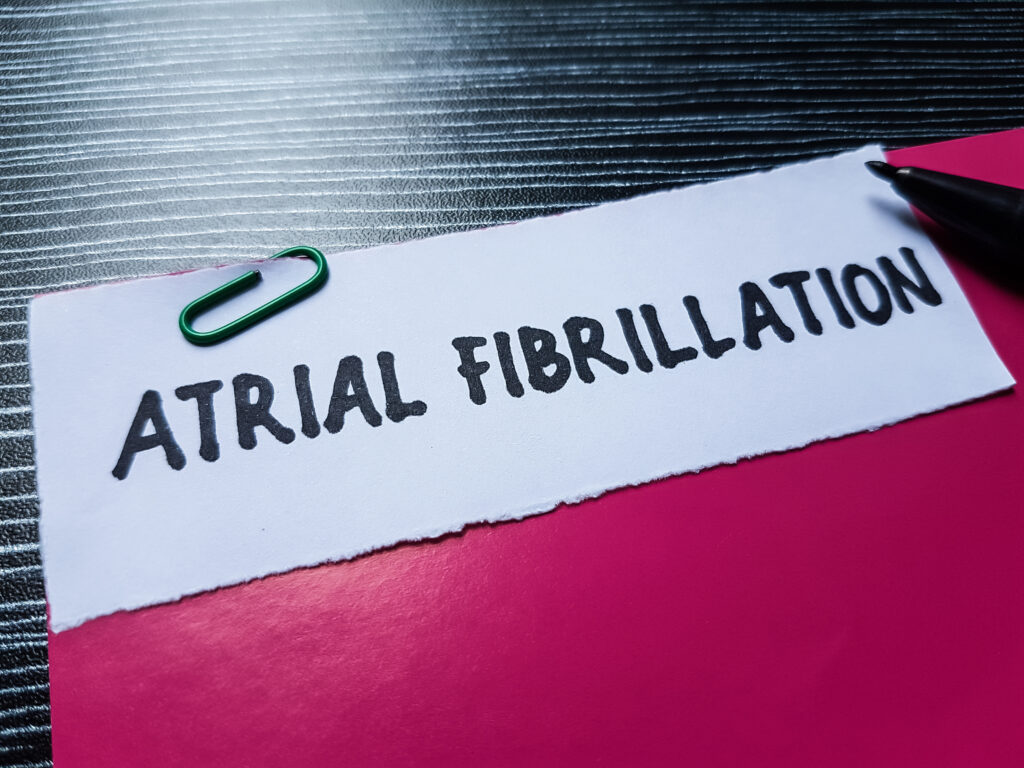Arq. Bras. Cardiol. 2025; 122(1): e20240815
Does Posterior Wall Isolation in Catheter Ablation of Persistent Atrial Fibrillation Change Clinical Outcomes?
This Short Editorial is referred by the Research article "Efficacy and Safety of Adjunctive Posterior Wall Isolation in Patients with Persistent Atrial Fibrillation: A Systematic Review and Meta-Analysis".
Atrial fibrillation (AF) is arguably the most common arrhythmia in clinical practice, characterized by chaotic and rapid atrial electrical activity with consequent loss of atrial contraction and its serious clinical consequences, which are already widely known. The diagnosis is electrocardiographic and has several forms of presentation, with the persistent form, being classically, that which lasts more than 7 days and less than a year. The early persistent form is when the duration is more than 7 days but less than 3 months, and the long-term persistent form is when it has persisted for more than a year. The progressive change from the paroxysmal to the persistent form of the arrhythmia varies from 8 to 36% depending on the observation time of the cohort and is always associated with worse clinical outcomes.,
Electrical isolation of the pulmonary veins, regardless of the energy source used, has become the gold standard invasive strategy for the treatment of AF in all its forms of presentation, with widely proven efficacy and results based on the pathophysiology of the arrhythmia.
[…]
Keywords: Atrial Fibrillation; Catheter Ablation; Electrocardiography
189

